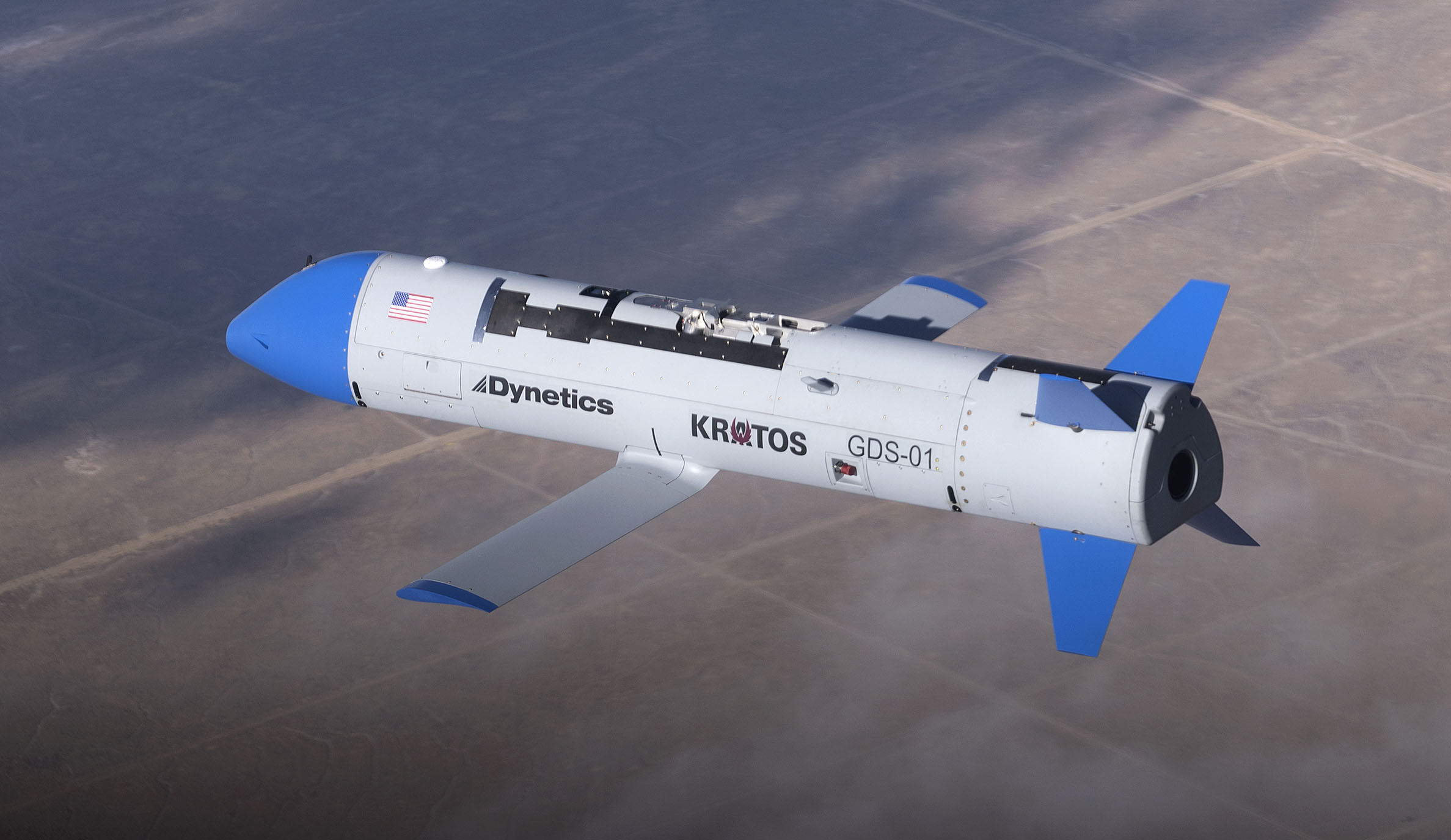The Defense Advanced Research Projects Agency (DARPA) had launched the Gremlin program to increase the capability and cost-efficiency of small drones.
According to the latest reports, DARPA has marked a major milestone in testing the operational capability of the X-61 Gremlins unmanned aerial systems (UASs), which are manufactured by Dynetics, an American applied science and IT company.
US military operations have largely depended on the ability of multi-function manned aircraft for conducting a variety of important missions, both combat as well as non-combat. However, adversaries’ ability to detect and eliminate these aircraft from distant locations has also improved dramatically over the past few years.
As a result of this, the US military is spending huge amounts of money on improving aircraft designs and integrating advanced features such as stealth and electronic warfare into the aircraft.
On the other hand, the ability to send drone swarms could provide the US military with great operational flexibility. And if these drones could be released and retrieved mid-air, they would also prove to be cost-efficient. With this vision, DARPA had launched the Gremlins program.

Named after the imaginary, mischievous imps that became the good luck charms of many British pilots during World War II, the Gremlins program envisions launching swarms of drones from existing large aircraft such as bombers or transport planes—as well as from fighters and other small, fixed-wing platforms.
These aircraft will stay out of the enemy’s defenses at all times. Once the Gremlins complete their mission, a Lockheed C-130 Hercules transport aircraft would retrieve them mid-air and bring them home, where ground crews would prepare them for their next use within 24 hours.
The Latest Development
It was for the first time that DARPA successfully recovered an unmanned X-61 Gremlins air vehicle from a C-130 while it was already in flight. This development marked a major milestone in the US military’s efforts of deploying drone swarms from mothership mid-air.
This successful mid-air recovery of the Gremlins drone took place on October 29 at Dugway Proving Ground, Utah, according to a statement released by DARPA on November 5.
The statement said that this flight test was the fourth deployment of the Gremlins and involved two small drones. These drones successfully performed all formation flying positions as well as conducted all safety measures.
Out of the two Gremlins, one was successfully recovered; however, the second one got destroyed during the flight tests, according to DARPA. The recovered drone was then refurbished by the Gremlins team and it flew again within the next 24 hours, the DARPA release said.
DARPA hopes to provide the military with the ability to send these small sensor-laden drones into enemy defenses from a large bomber, transport or fighter aircraft, while the latter stays out of the enemy’s range of defense at all times.

The drones would then conduct all crucial missions such as intelligence, surveillance, reconnaissance and also electronic warfare. The agency released a video showing a Gremlins which latched onto a docking bullet extended from the C-130.
The drone then folded its wings into its body and was then gripped by a recovery arm which took it inside the C-130.
“After the mothership collects the drones and brings them back to base, ground crews would get them ready for another flight within 24 hours”, DARPA said in a 2018 report. The agency expects each Gremlin to have a lifetime of at least 20 flights.
“This recovery was the culmination of years of hard work and demonstrates the feasibility of safe, reliable airborne recovery,” Lt. Col. Paul Calhoun, the Gremlins program manager in DARPA’s Tactical Technology Office, said. “Such a capability will likely prove to be critical for future distributed air operations.”

Similar attempts of airborne retrieval of these Gremlins had been carried out in the past but without any success. In October 2020, DARPA launched a series of flight tests where it tried nine times to retrieve three Gremlins, however, all of those attempts had been unsuccessful.
During the recent test, four flights were conducted, during which hours of data along with information on air vehicle performance, coordination during the airborne retrieval, and the aerodynamic interactions between the Gremlins and the C-130′s recovery bullet — were collected, the release said.
“Airborne recovery is complex”, Calhoun said in the release. “We will take some time to enjoy the success of this deployment, then get back to work further analyzing the data and determining next steps for the Gremlins technology,” he added.
- Written by Kashish Tandon/EurAsian Times Desk
- Contact the author at: kashishtandon21@gmail.com
- Follow EurAsian Times on Google News




